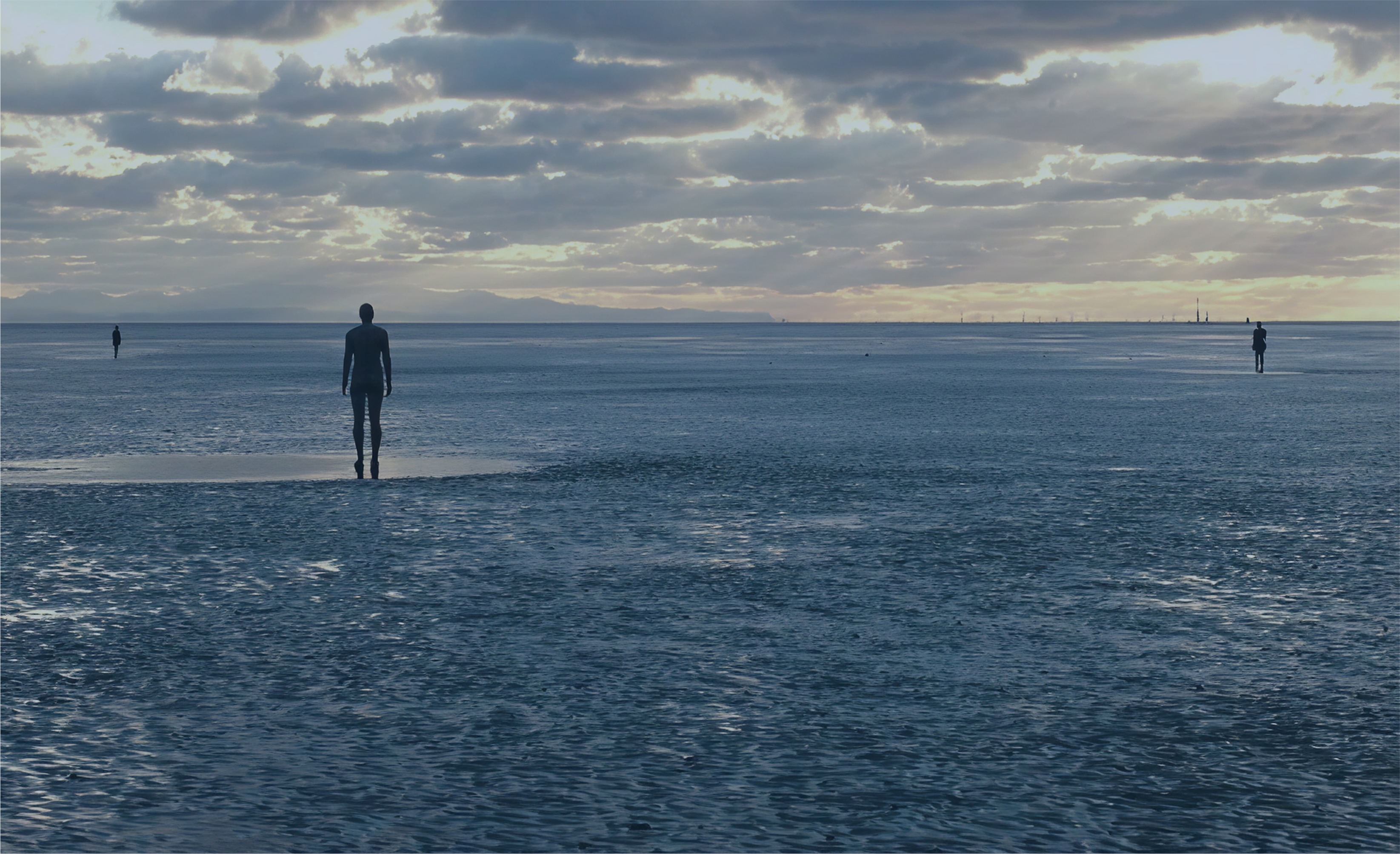
I
Said the Table to the Chair,
'You can hardly be aware,
'How I suffer from the heat,
'And from chilblains on my feet!
'If we took a little walk,
'We might have a little talk!
'Pray let us take the air!'
Said the Table to the Chair.
II
Said the Chair unto the Table,
'Now you know we are not able!
'How foolishly you talk,
'When you know we cannot walk!'
Said the Table, with a sigh,
'It can do no harm to try,
'I've as many legs as you,
'Why can't we walk on two?'
III
So they both went slowly down,
And walked about the town
With a cheerful bumpy sound,
As they toddled round and round.
And everybody cried,
As they hastened to their side,
'See! the Table and the Chair
'Have come out to take the air!'
IV
But in going down an alley,
To a castle in a valley,
They completely lost their way,
And wandered all the day,
Till, to see them safely back,
They paid a Ducky-quack,
And a Beetle, and a Mouse,
Who took them to their house.
V
Then they whispered to each other,
'O delightful little brother!
'What a lovely walk we've taken!
'Let us dine on Beans and Bacon!'
So the Ducky, and the leetle
Browny-Mousy and the Beetle
Dined, and danced upon their heads
Till they toddled to their beds.
Theme
Our theme this month is laughter, because, amidst all the hard work, it’s important to have some fun. Laughing is vital for bonding and creating a sense of community, a phenomenon that Tracey Camilleri and Sam Rockey (of Thompson Harrison fame) have written about in the book, The Social Brain. Sharing a joke brings us closer together, it releases endorphins, and it makes us feel like we understand each other. So, this month, we’re having a laugh.
Who?
The theme of this month’s poem is ‘laughter’. To this end, we have a piece from the master of the comic poem, Edward Lear (1812 – 1888). Lear is known primarily for writing a load of old nonsense, which may sound like a strange way to spend your time, but really he was a highly talented poet, illustrator, artist, and musician – and, as we’ll see, writing nonsense isn’t as easy as it looks. He was also responsible for popularising a poetic form called the limerick: a five-line stanza that often starts ‘There once was a fellow named [insert name here]’ and unfolds with varying degrees of rudeness.
What?
To spare our blushes, the above is not a limerick, but retains many of the techniques that can make a poem funny. It revels, for example, in the absurd, here imagining a conversation taking place between two of the most functional objects that we encounter every day: a table and a chair. The poem’s conceit – its Big Idea – is to, first of all, surprise its reader. Comedy is very often about finding the strange, surreal, or surprising in the details of life that we don’t usually notice. Think about your favourite stand-up comedians and you’ll find them doing much the same thing as Lear was doing in the nineteenth century: taking a mundane object or scenario and adding a crazy twist.
Comedy – and the mechanics of making someone laugh – is also about timing. Lear makes excellent use of comic timing through his use of rhyme and metre. Take these lines:
'What a lovely walk we've taken!
'Let us dine on Beans and Bacon!'
So the Ducky, and the leetle
Browny-Mousy and the Beetle
Dined
The ridiculousness and apparent randomness of deciding to dine on ‘Beans and Bacon’ is made slightly more sensible by the rhyme with ‘taken’, as if there’s some obscure logic operating beneath the surface of all this strangeness. Then, the metre and rhyme conspire together to give us the zany use of the word ‘leetle’, toddling and twisting over the line-break. It’s silly, obviously. But Lear is testing the limits of what he can’t get away with, what rhyme and rhythm are allowed to be, and in so doing not only makes us laugh, but teaches a lot about the logic of poetry in the first place – that is, the logic of the stuff we take for granted.
What Else?
Comedy is harder than it looks, and so is writing nonsense (try writing a nonsense poem yourself and you’ll see what I mean). But laughter is really very instructive, and allows us to see and hear with clearer eyes and ears the details of the world we often miss. Perhaps, after reading Lear, you’ll have a touch more sympathy for the dutiful office chair that gives you so much of its time – and rarely complains at all.

































.jpg)














.png)











































.png)







.png)




